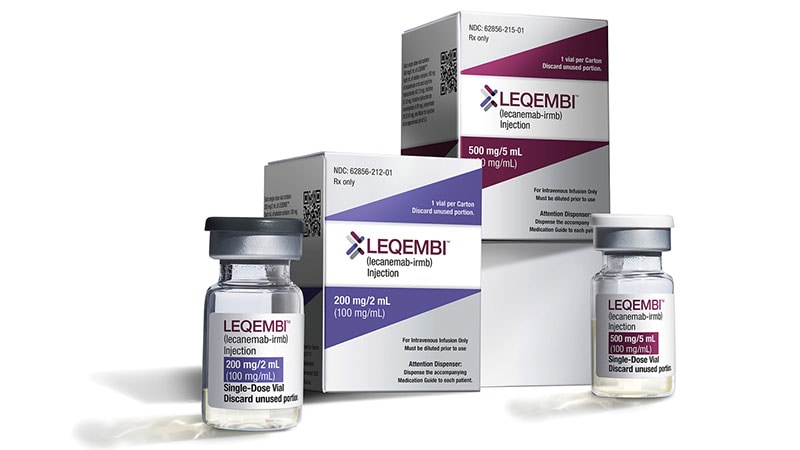TOPLINE:
Delta wave activity disruption during sleep may be a useful metric to identify those at an increased risk for cardiovascular disease and cardiovascular mortality.
METHODOLOGY:
- An international team of researchers assessed delta wave activity during sleep based on overnight polysomnograms in 4058 participants in the Sleep Heart Health Study (SHHS) and 2193 participants in the Osteoporotic Fractures in Men Study Sleep study (MrOS).
TAKEAWAY:
- During 11 years of follow-up in SHHS, 729 participants had incident cardiovascular disease, and 192 participants died due to cardiovascular disease.
- During 15.5 years of follow-up in MrOS, 547 participants had incident cardiovascular disease, and 391 died due to cardiovascular causes.
- In multivariable Cox regression models, lower delta wave entropy during sleep was associated with a higher risk for coronary heart disease (SHHS: HR, 1.46; MrOS: HR, 1.79), cardiovascular disease (SHHS: HR, 1.60; MrOS: HR, 1.43), and cardiovascular mortality (SHHS: HR, 1.94; MrOS: HR, 1.66) after adjusting for covariates.
- Both the traditional Cox model and machine learning prediction methods suggested that low delta wave entropy best predicted long-term cardiovascular risk and performed better than conventional measures of sleep quality, such as wakefulness after sleep onset, arousal index, and sleep efficiency.
IN PRACTICE:
The researchers, led by Sizhi Ai, MD, Center for Sleep and Circadian Medicine, Guangzhou Medical University, Guangzhou, China, explained that delta wave activity is a prominent feature of deep sleep, which is significantly associated with sleep quality. They suggested that low delta wave entropy, a hallmark of disrupted delta wave activity, may represent a promising marker for disrupted activity of deep sleep.
Low delta wave entropy could be implemented within a standard clinical sleep medicine software tool to quantify sleep disruption and identify patients at a high risk for cardiovascular disease. Disturbed delta wave activity may also represent a modifiable risk factor for cardiovascular disease.
Noting that recent studies have suggested the potential of delta wave activity enhancement by auditory stimulation during sleep to modulate cardiovascular restorative conditions, they said that further studies are needed to verify whether targeting delta wave activity may benefit cardiovascular health for those participants with sleep disturbance.
SOURCE:
The study was published in the April issue of the Journal of the American College of Cardiology.
LIMITATIONS:
In an accompanying editorial, Tianyi Huang, ScD, Brigham and Women's Hospital, Boston, pointed out that low delta wave activity may be an indicator of accelerated aging, and it will be important to disentangle whether delta entropy is merely a risk marker or a causative risk factor for cardiovascular disease.
He also said that a better understanding of the dose-response relationships between delta entropy and cardiovascular outcomes is needed to clearly define the potential target for intervention.
Huang added that the study was limited by one-night assessment of delta wave activity, precluding evaluation of within-person changes over time or day-to-day variability, and long-term patterns will be crucial in evaluating the relationship with chronic disease risk.
DISCLOSURES:
Ai was supported by the National Key R&D Program of China and the Young Elite Scientists Sponsorship program by the China Association for Science and Technology.

.webp) 2 weeks ago
2
2 weeks ago
2



























 English (US)
English (US)